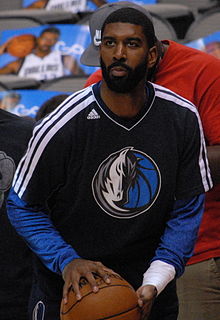A Quote by David Gelernter
The "paperless office" is a bad idea because paper is one of the most useful and valuable media ever invented. "On paper" is a good place for information you want to use; a bad place for information you want to store.
Related Quotes
What I've always wished I'd invented was paper underwear, even knowing that the idea never took off when they did come out with it. I still think it's a good idea, and I don't know why people resist it when they've accepted paper napkins and paper plates and paper curtains and paper towels-it would make more sense not to have to wash out underwear than not to have to wash out towels.
Any information is valuable to the degree that you can use it. In other words, any information is valuable to the degree that you can make it yours. Scientology does not teach you. It only reminds you. For the information was yours in the first place. It is not only the science of life, but it is an account of what you were doing before you forgot what you were doing.
Because it's kind of great, being an idea that everybody likes. But I could never be the idea to myself, not all the way. And Agloe is a place where a paper creation became real. A dot on the map became a real place, more real than the people who created the dot could never have imagined. I thought maybe the paper cutout of a girl could start becoming real here also. And it seemed like a way to tell that paper girl who cared about popularity and clothes and everything else: 'You are going to the paper towns. And you are never coming back.
I carry in my datebook a piece of paper that my mother copied out for me, from the 1840 Census. Hardy Callaway Culver of Hancock County, Georgia, had 42 slaves, 31 "employed in agriculture." Culver was my great-great-great grandfather. I carry this piece of paper with me every day because I don't want to forget. I don't know what to do with the information, but I don't want to forget it.
The normal way of gathering information is through sound: when you hear information that you want to gather, you look in its direction, you see what it is, if you choose you can get closer, you can see it, you can touch, and then, finally, the most committed form of data gathering is to taste it and eat it. But for the urbanite, we're cut off from our primary sense, and I want to stress that - our primary sense of gathering information about the place that we're living in - and instead, we're in a war zone.
On the one hand information wants to be expensive, because it's so valuable. The right information in the right place just changes your life. On the other hand, information wants to be free, because the cost of getting it out is getting lower and lower all the time. So you have these two fighting against each other.
There's this famous observation that I totally believe: Great startup ideas are the ones that lie in the intersection of the Venn diagram of 'is a good idea' and 'looks like a bad idea.' So you want most people to think it's a bad idea and thus not compete with you until you get giant. But for it to secretly be good.






































